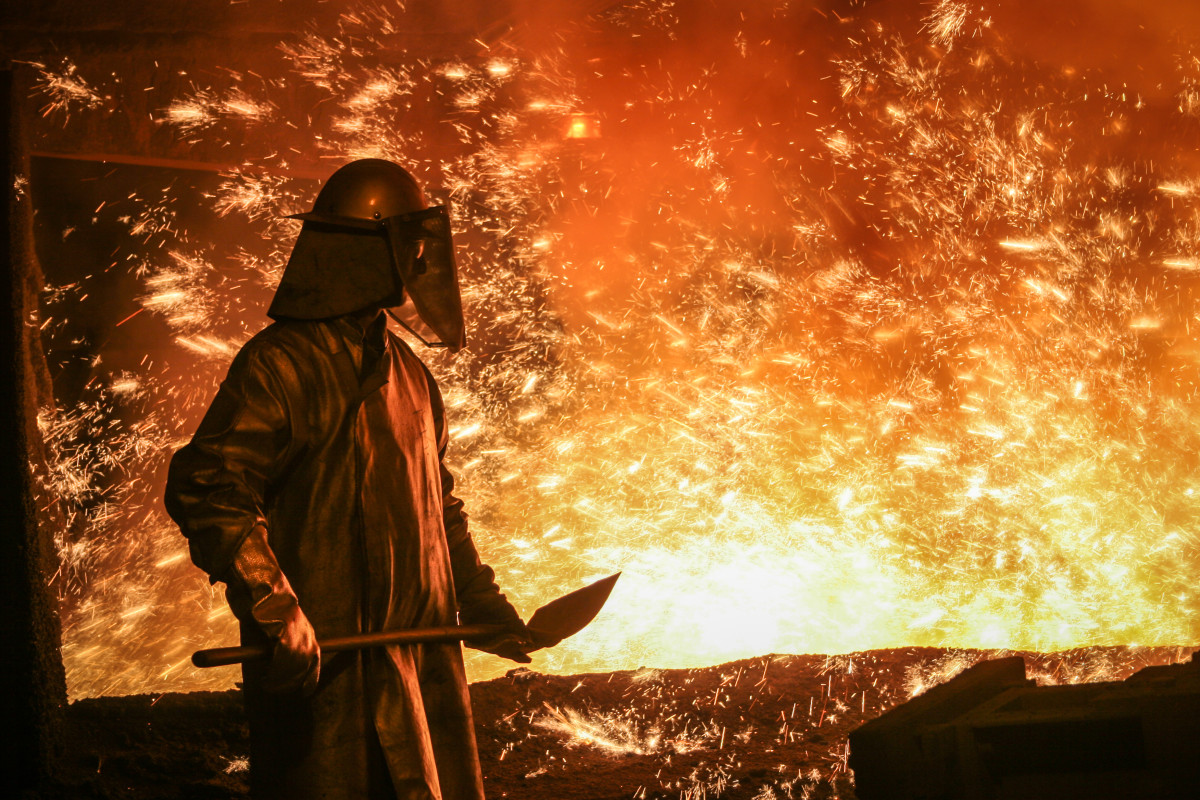Preview 2023: Germany must avoid exodus of energy-intensive companies – trade union
This interview is part of a series to preview the German and European energy and climate policy year 2023. The other interviews will be published over the coming weeks.
Energy and climate policy in 2022 has been dominated by Russia's war on Ukraine and the European energy crisis. What impact do you expect the war to have next year, and which other topics will likely dominate the agenda in your sector in 2023?
The energy price shocks caused by the war will continue to shape energy policy also in 2023. A lot depends on whether supply can be secured throughout winter and if the price brakes and other support measures show the desired effects. Energy prices will remain above pre-crisis levels in 2023, which is going to pose a persisting challenge for the population and the industry. And this is not only about the affordability of energy but also about securing jobs. We need to strengthen our economy’s ability to transform itself and avoid an exodus of companies, especially in energy-intensive industries. The DGB is fighting for every single job! Besides overcoming the current crisis, we need more dynamism in the energy transition and in the economic transformation. 2023 needs to become the year of implementation. Especially the expansion of renewable energy sources needs to gain momentum.
Chancellor Scholz's traffic light coalition has just finished its first year in office - what do you think the administration got right so far and what does it have to deliver on most urgently next year?
The coalition has had to act in a constant crisis mode during its first year and make energy policy decisions without being able to predict the course of the crisis. Overall, they did this rather well. The comprehensive support measures might have come a little late, but at their core they were addressing the right things in the right way. And we as the DGB also approved of the measures for greater supply security. We’ll see whether these measures have been sufficient or if the coalition needs to step up its efforts. What’s going to be important in 2023 is that the coalition starts working on the transition’s funding, especially in the industry sector. The question how to shorten planning and licensing procedures without doing away with social, ecological and democratic standards is closely linked to that as well.
Which topics have been overshadowed by the crisis in 2022 and should receive more attention in the new year?
In the long run, it will be necessary to turn Germany into a climate neutral industry location. Without a sufficient number of qualified workers, the climate targets are not achievable. What is needed is a major breakthrough that puts the interests of workers at the centre. In the crisis year 2022, the urgent issue of skilled workers and qualifications has been pushed aside by the high energy prices. But these aspects of the energy transition and the general transformation must receive more attention in the new year. The climate targets will only be achievable if good working conditions attract more people to energy transition jobs and attractive training programmes are being set up that prepare the workforce for the requirements of the transition.



